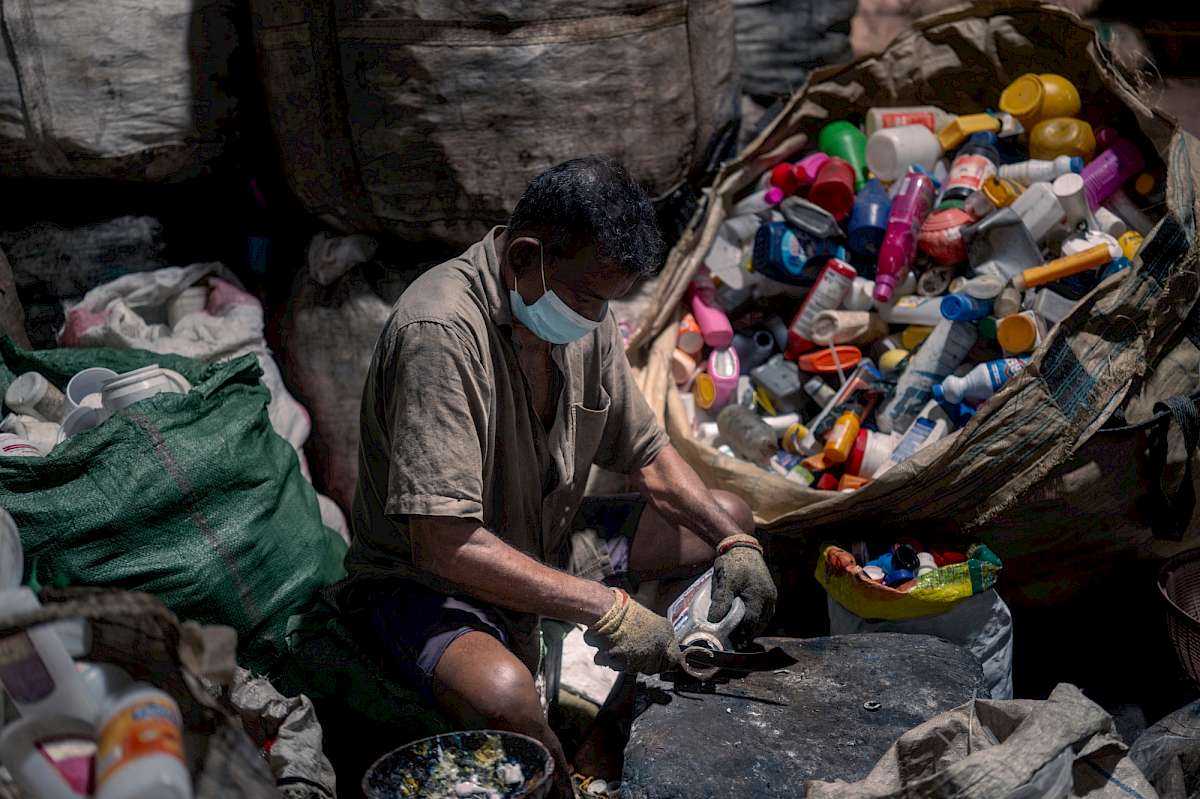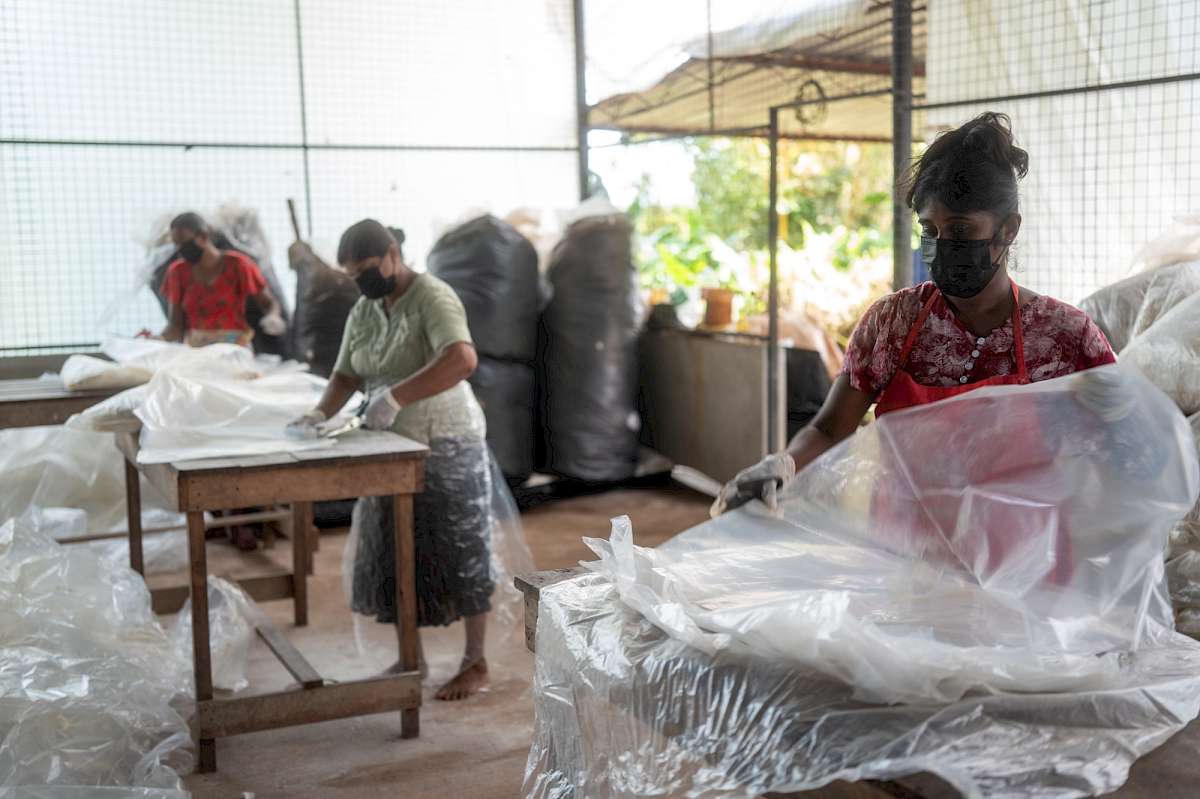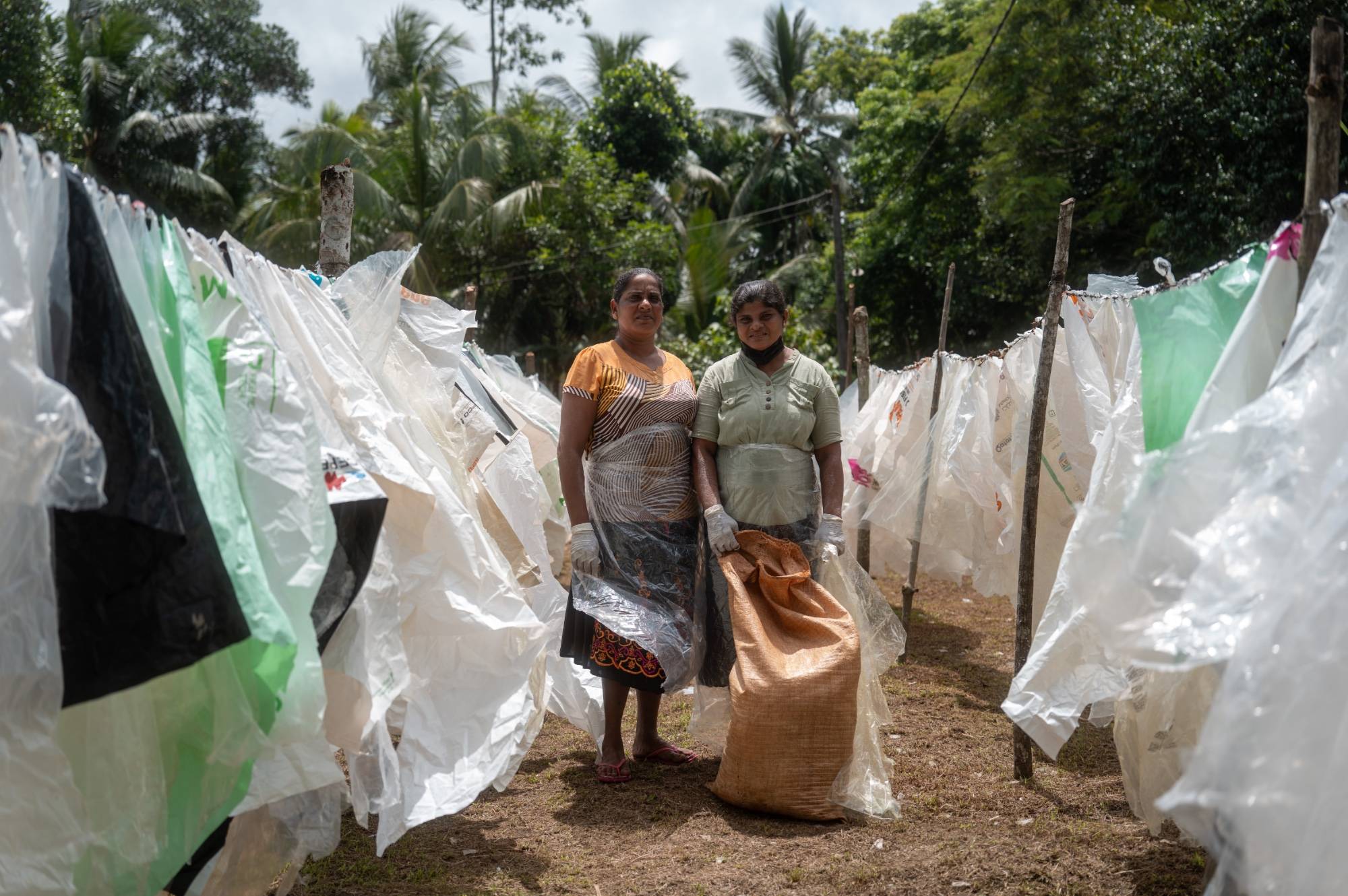
Across Sri Lanka, plastic waste has become one of the most visible environmental challenges, from clogged urban waterways to degraded coastal ecosystems. Yet, amid this growing crisis, a powerful shift is taking place. The PLASTICS Project – Promoting Long-term Approaches for a Sustainable, Transformative and Inclusive Circular Economy in Sri Lanka, funded by the European Union’s SWITCH-Asia Programme, is helping the country turn plastic waste into opportunity.
Led by Acted, in partnership with Biodiversity Sri Lanka (BSL), the Industrial Services Bureau (ISB), STENUM Asia, and The Energy and Resources Institute (TERI), the project is redefining how plastic is produced, used, and recycled, paving the way for a sustainable, inclusive circular economy.
Empowering Businesses to Lead the Transition
The PLASTICS project recognizes that meaningful transformation must come from within the private sector. More than 150 businesses across Sri Lanka’s plastic value chain, from producers to recyclers, have joined forces to adopt resource efficiency, cleaner production, and green finance approaches.
Working closely with the Ministry of Environment and the Central Environmental Authority, the project has supported the development of a national roadmap on Extended Producer Responsibility (EPR), established a National Steering Committee, and signed a technical partnership MoU with the government. These efforts are shaping the country’s framework for sustainable plastics management.
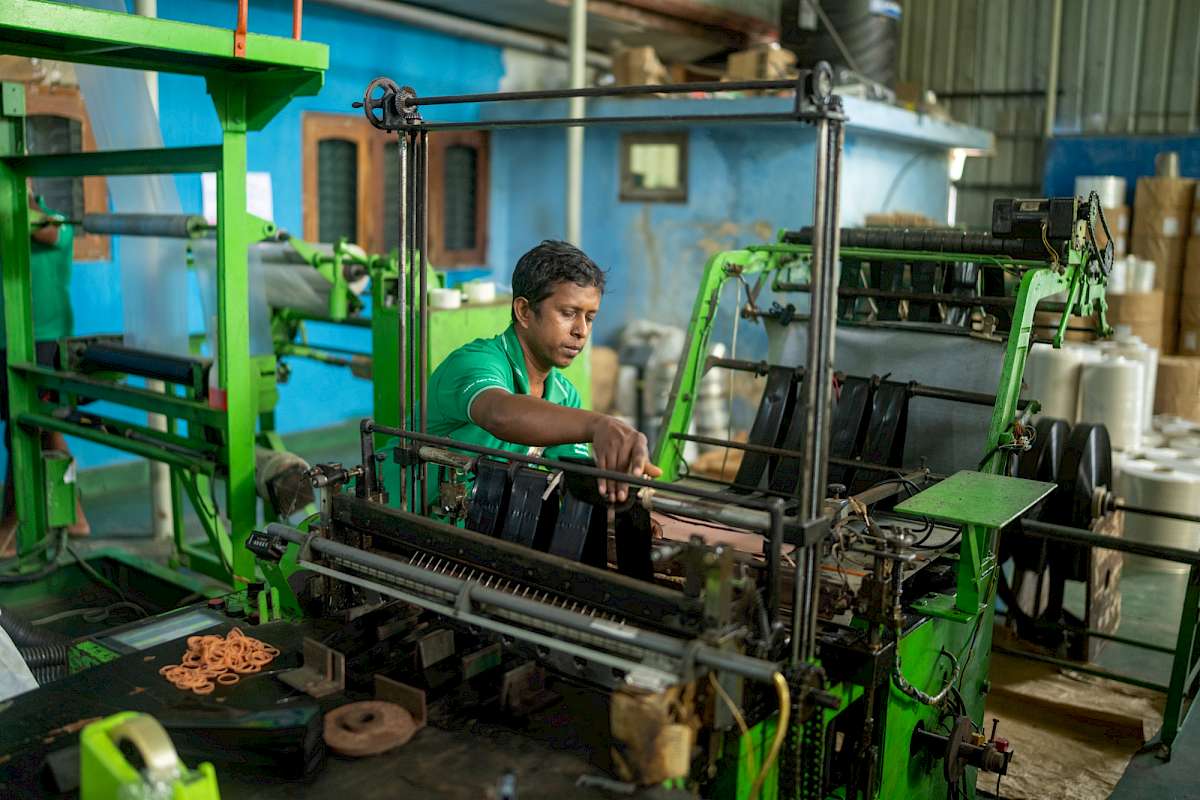
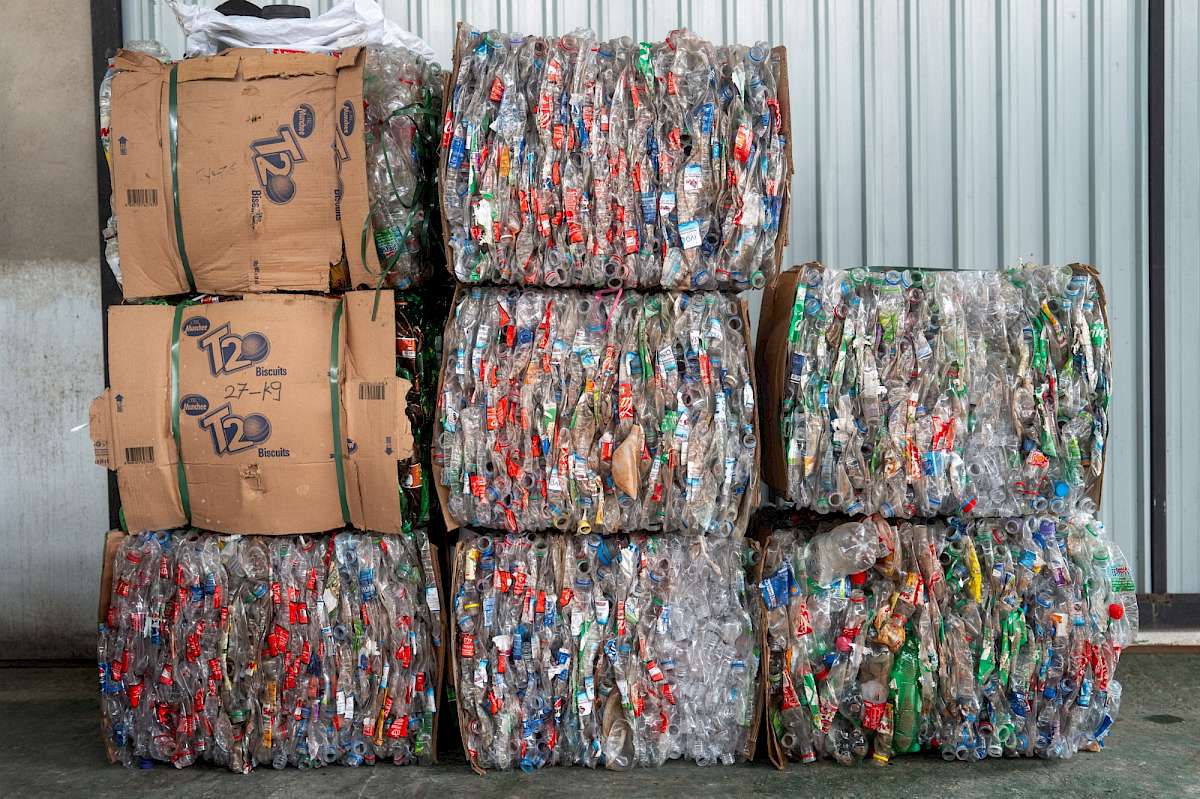
3Zero House: A Hub for Eco-Innovation
A cornerstone of the initiative is the creation of the 3Zero House (3ZH), Sri Lanka’s first eco-inclusive innovation hub. The 3Zero House nurtures circular startups, connects entrepreneurs with design and innovation agencies, and links them to investors and markets.
Through the Business Innovation Challenge, eight pioneering entrepreneurs received incubation and business development support to transform their circular ideas into thriving ventures. From sustainable packaging solutions to recycled product lines, these businesses showcase how innovation can drive both profit and purpose.
Driving Circular Practices in Action
The project’s on-the-ground impact is equally impressive:
- 65 SMEs have benefited from co-financed business asset provision, investing 50% of the cost to green their operations.
- Over 145 enterprise capacity assessments (ECAs) and 100 cleaner production audits have guided businesses to optimize energy, water, and material use.
- Six regional workshops raised awareness among 150 SMEs and financial institutions, culminating in the launch of a digital Green Finance Toolkit to help banks identify and support sustainable enterprises.
- Nationwide awareness campaigns and dialogues, including the “Future of Plastic Circularity” symposium, have engaged public and private stakeholders in building a collective vision for a circular Sri Lanka.
The Way Forward
As the project enters its final year, it focuses on ensuring that progress is consolidated and sustained. Pilots with major companies such as John Keells and Pelwatte Dairy will test scalable models for circularity in the private sector. The upcoming launch of the EPR online portal and the Green Finance Toolkit will further strengthen Sri Lanka’s policy and financial frameworks for sustainable business transformation. What began as an effort to tackle plastic waste is now a nationwide movement for change, turning one of Sri Lanka’s biggest environmental challenges into a springboard for innovation, entrepreneurship, and sustainable growth.


